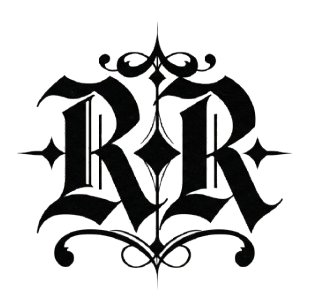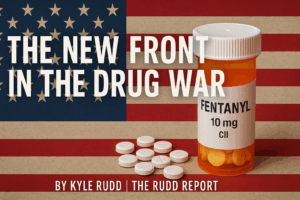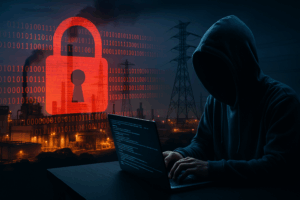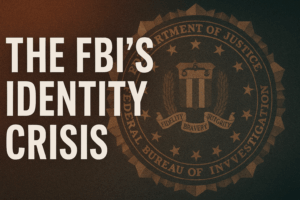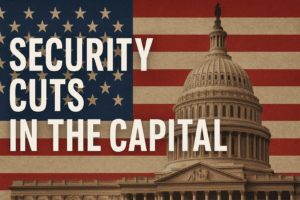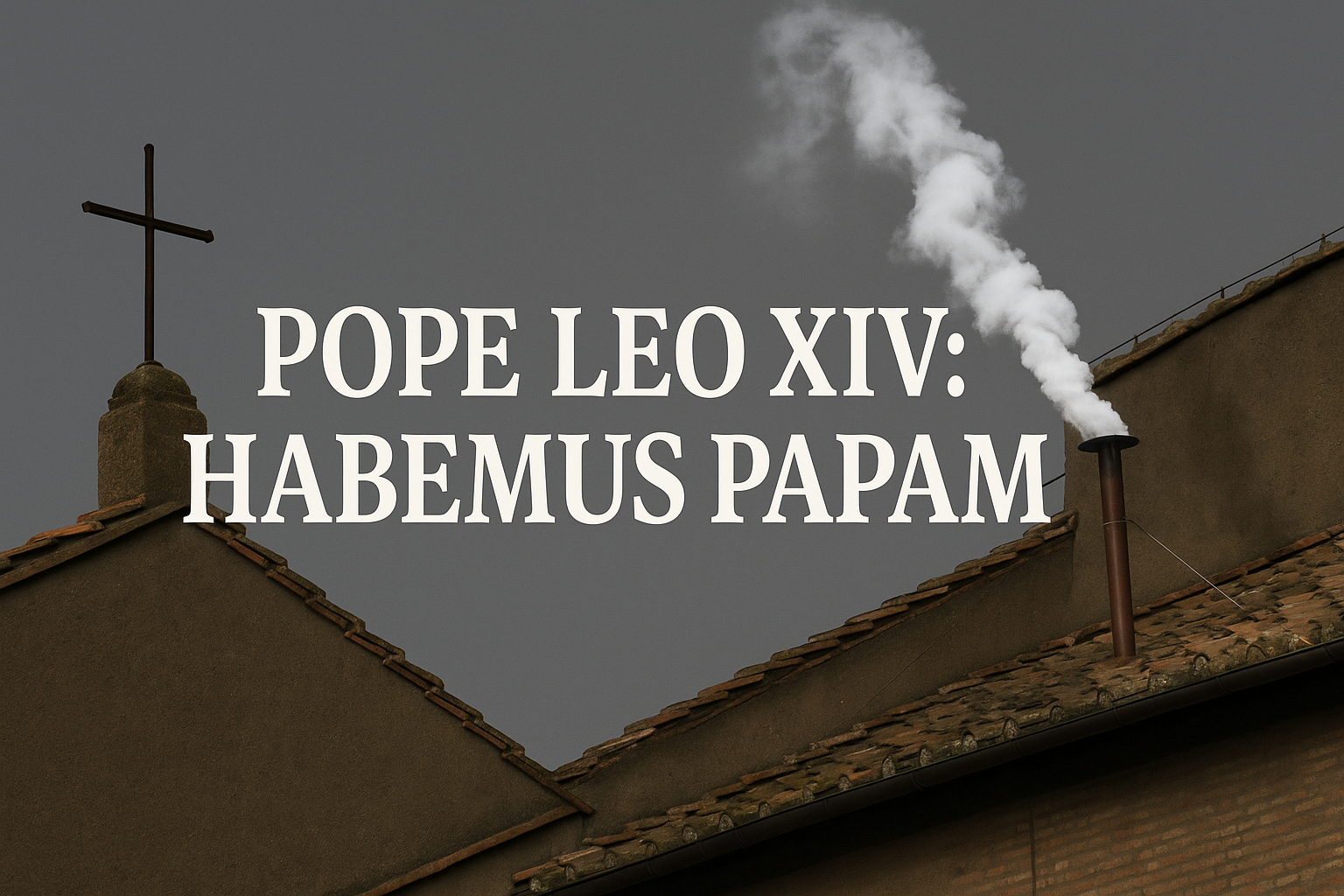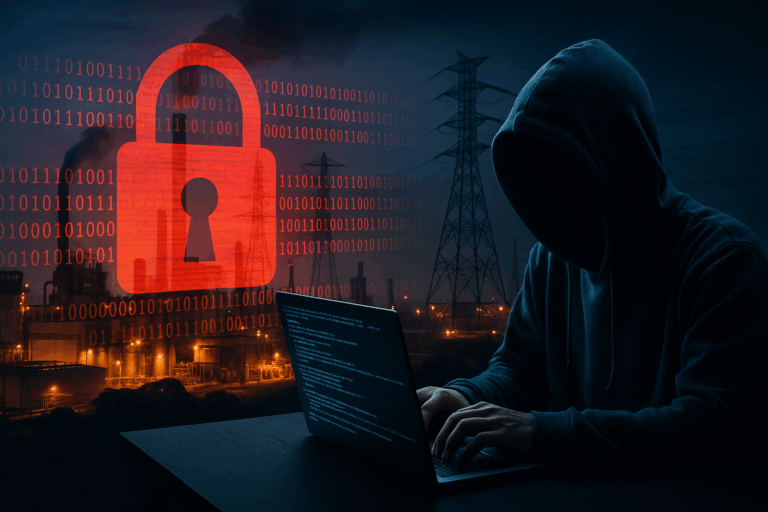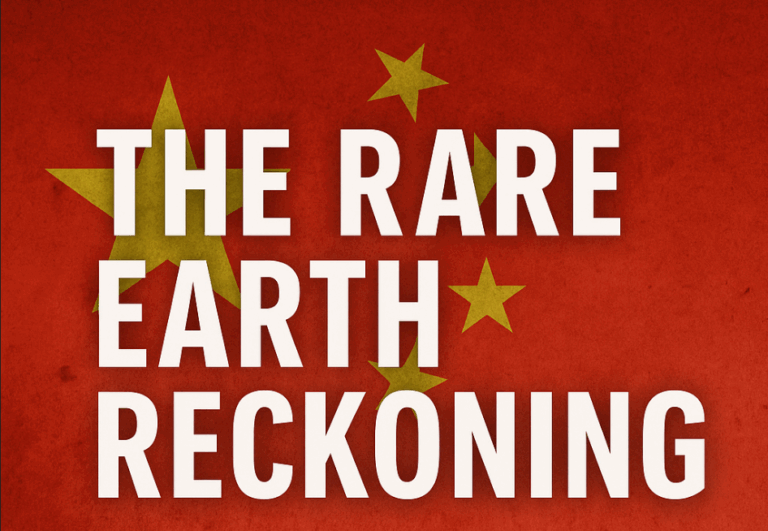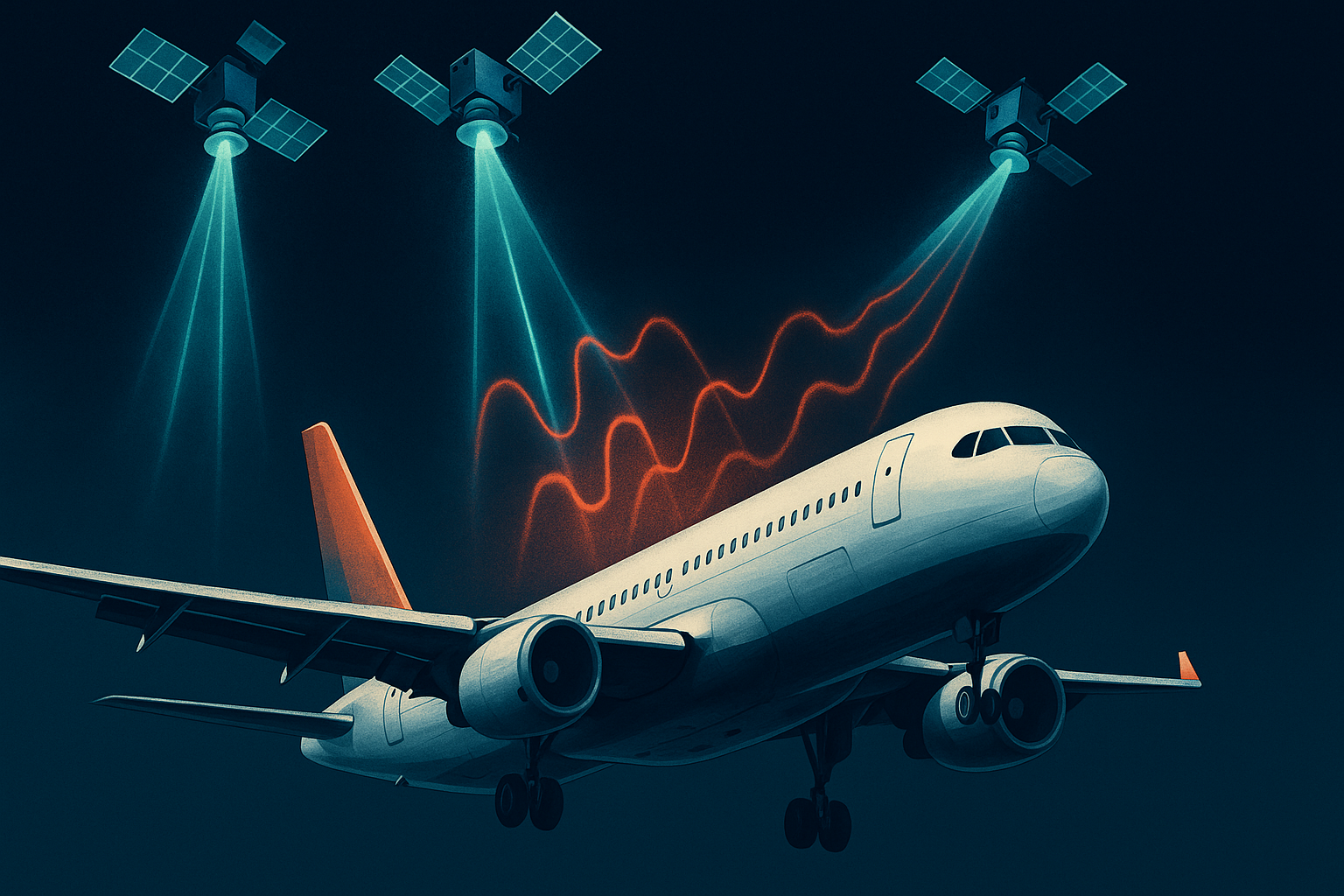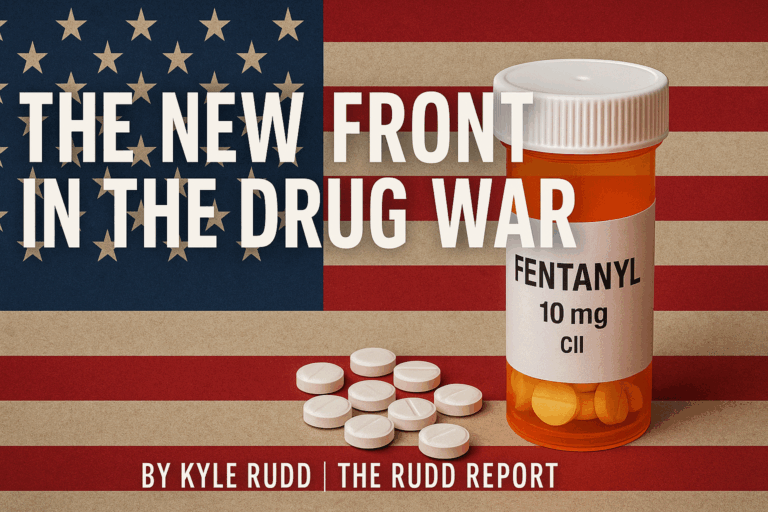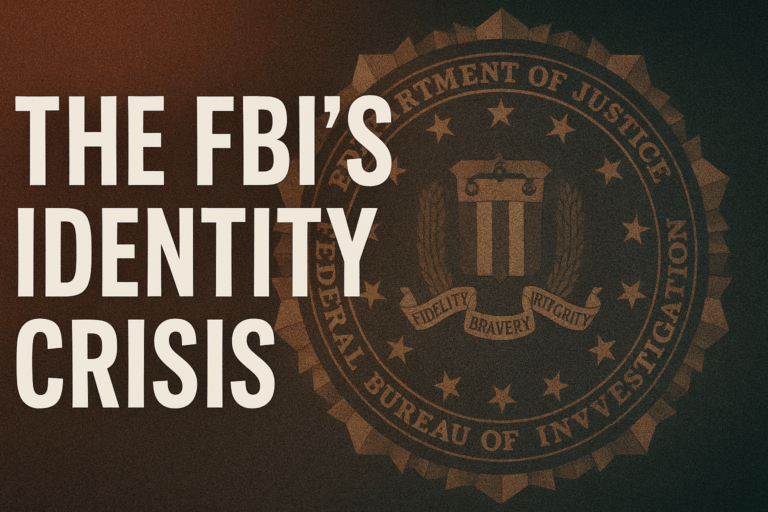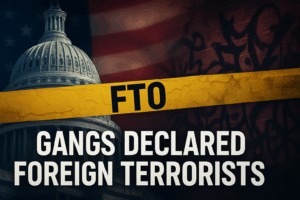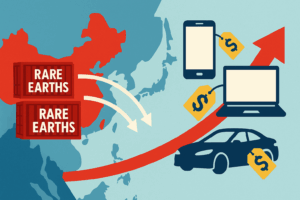As white smoke spiralled above the Sistine Chapel yesterday and the cardinal‑deacons pronounced Habemus Papam, the Church settled on Chicago‑born Cardinal Robert Francis Prevost, who will reign as Pope Leo XIV. The succession does more than fill an ecclesiastical vacancy; it resets one of the world’s oldest diplomatic channels and sends immediate ripples through capitals that still parse Vatican signals as closely as oil futures or troop movements.
The Holy See holds sovereign status at the United Nations, maintains diplomatic relations with 184 states, and commands a communications network that reaches 1.3 billion Catholics plus countless non‑Catholics. For two millennia popes have leveraged this soft power to shape events that hard power alone could not settle, and their successes remain case studies in how moral authority can bend steel.
In 1979 John Paul II’s return to Warsaw produced the million‑strong rally that cracked Soviet psychological dominance and gave Solidarity the room it needed to grow. Seventeen years earlier John XXIII’s radio plea during the Cuban Missile Crisis offered Kennedy and Khrushchev the face‑saving language they required to back down. When Argentina and Chile nearly went to war in 1978 over the Beagle Channel, papal envoy Cardinal Antonio Samoré sketched the formula that kept the navies in port and later became a treaty. More recently, discreet letters from Pope Francis helped unlock the 2014 détente between Washington and Havana, and his barefoot entreaties in Juba in 2023 re‑energised a stalled South‑Sudan peace pact.
Leo XIV inherits that same toolbox, yet he brings a distinctive résumé. As prefect of the Dicastery for Bishops he vetted candidates on five continents, building contacts from Peru to the Philippines. Dual U.S.–Peruvian citizenship allows him to straddle North–South divides, and his Augustinian formation emphasises a restless pursuit of common ground. Early remarks suggest continuity with Francis on climate, migration, and economic justice, but his Chicago pragmatism tempers those themes with the language of coalition‑building.
Diplomats in Rome expect him to revive the delicate Washington–Beijing dialogue over episcopal appointments, test his bridge‑building credentials in the Sahel now that France is retrenching, and weave climate finance into every conversation ahead of COP 31. An American pope may also recalibrate the Vatican’s Ukraine rhetoric- firmer on just‑war limits to occupation while still holding a channel to Moscow’s Orthodox hierarchy. None of these moves depend on divisions or aircraft carriers; they depend on the papacy’s knack for framing disputes in moral, not zero‑sum, terms.
From candle‑lit conclave to crisis hotline, the pope’s leverage lies precisely in the fact that he commands no armies. In an era crowded with middle powers and non‑state actors, moral persuasion, symbolic gestures, and the Vatican’s unique third‑party status remain strategic assets. The smoke that rose over Rome yesterday is already swirling through situation rooms and foreign ministries, and history suggests it will continue to do so for years to come.
Once again, I would like to include a special thanks to Peter Fugleberg for reading and editing drafts of this article.
